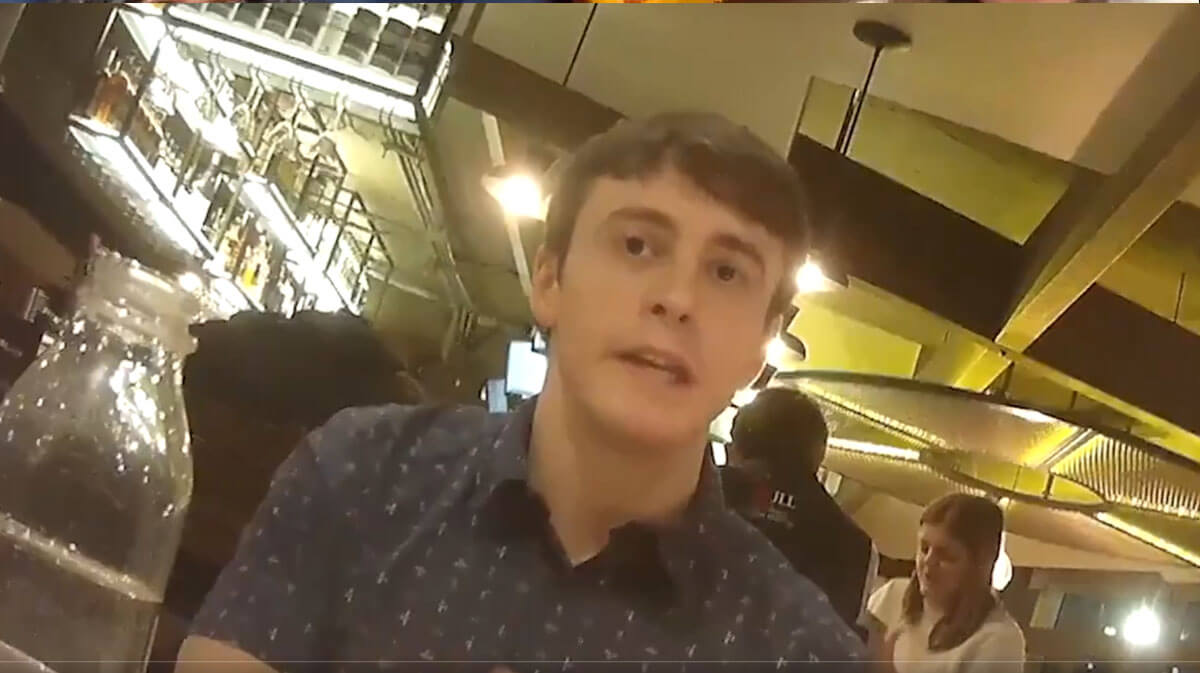In a candid revelation captured on undercover video, Byron Cohen, an Executive Branch Fellow in the White House Office of Pandemic Preparedness and Response Policy, has acknowledged the influence of a bureaucratic entity colloquially known as the "deep state." The term, often used to describe an entrenched network within the government capable of wielding significant power, came to the forefront as Cohen discussed the potential nomination of Robert F. Kennedy Jr. for Health Secretary.
The footage, obtained by O'Keefe Media Group (OMG), features Cohen expressing his views on the challenges Kennedy might face if tapped for the position. "People joke about the 'deep state,' but to some degree, it's real," Cohen admitted during the undercover interview. He went on to elaborate on the sophisticated means by which the bureaucracy could thwart political appointees, such as slowing down processes or creating commissions that lead to prolonged inaction.
Cohen specifically targeted Kennedy's potential nomination, asserting, "RFK Jr. is a very bad pick for HHS," and predicting a high likelihood of the bureaucracy overpowering him. He pointed to tactics like initiating prolonged study commissions to stall progress on policy initiatives. Cohen cited historical examples, including drawn-out investigations into fluoride and water quality, to illustrate how such strategies have been effective in the past.
Amidst the discussion of bureaucratic resistance, Cohen offered a nuanced perspective on the democratic process. He proposed that obstructing Kennedy's appointment might reflect the majority's policy preferences, especially concerning vaccine policies, a contentious issue given Kennedy's outspoken views.
The leaked conversation has raised concerns about the integrity of democratic institutions and the transparency of policymaking. Cohen's role as an Executive Branch Fellow focused on Interagency Research and Development Oversight adds weight to his assertions, giving a rare glimpse into the inner workings of government agencies.
These revelations come on the heels of another OMG report involving a high-ranking Pentagon contractor and former FBI agent discussing opposition to then-President-elect Donald Trump. The convergence of these events has stirred debate over the role of the so-called 'deep state' in shaping government policy and personnel decisions.
While the concept of the 'deep state' remains controversial, Cohen's comments have sparked a conversation about the balance between bureaucratic expertise and democratic accountability. The implications of such revelations are far-reaching, potentially influencing public trust in government and the efficacy of political appointments. As the story unfolds, it remains to be seen how these disclosures will impact the perception of the U.S. political system and the future of policymaking within the government's highest offices.





